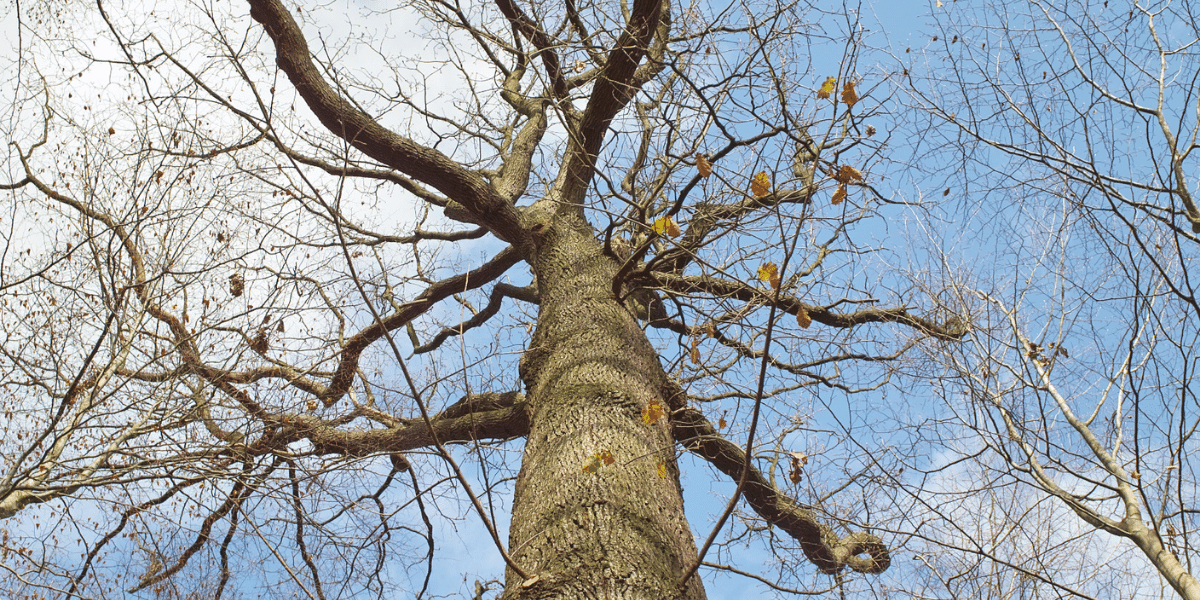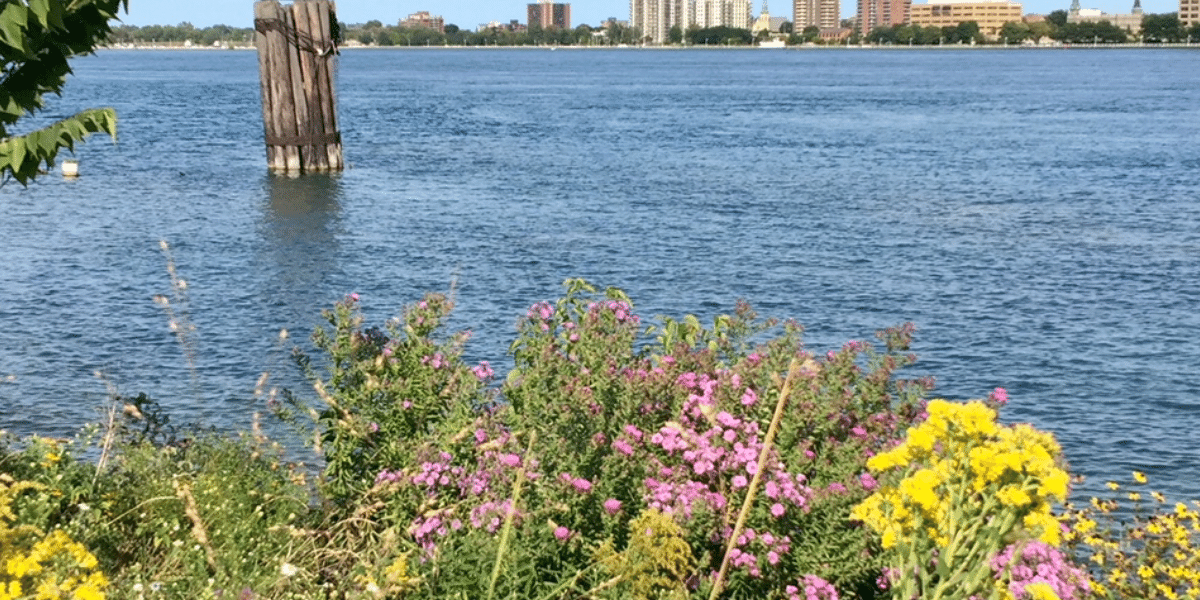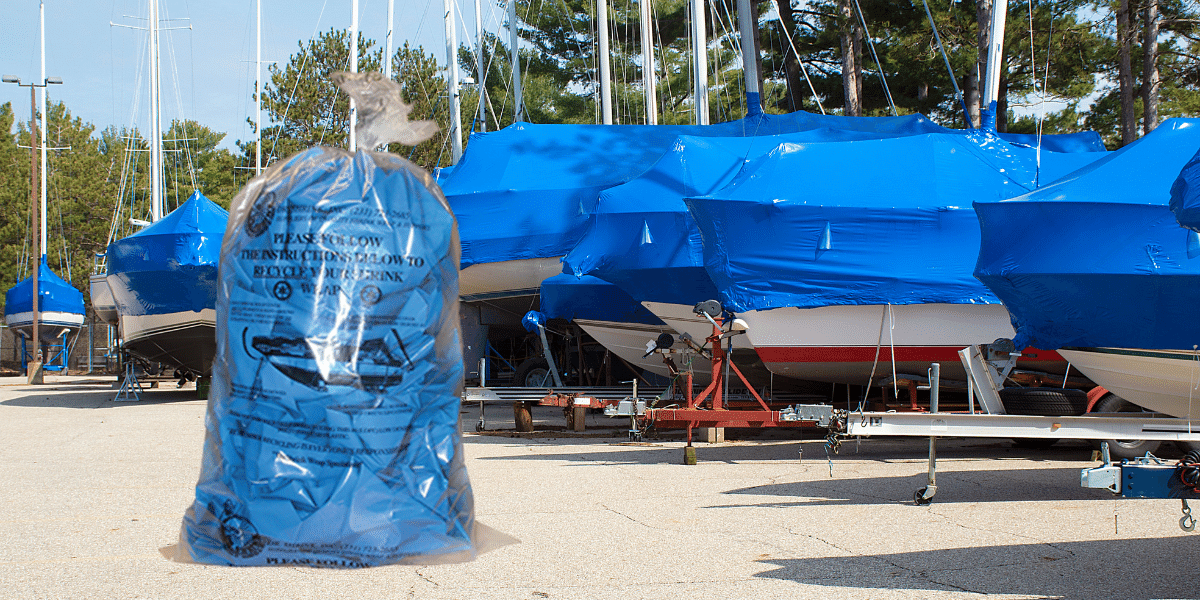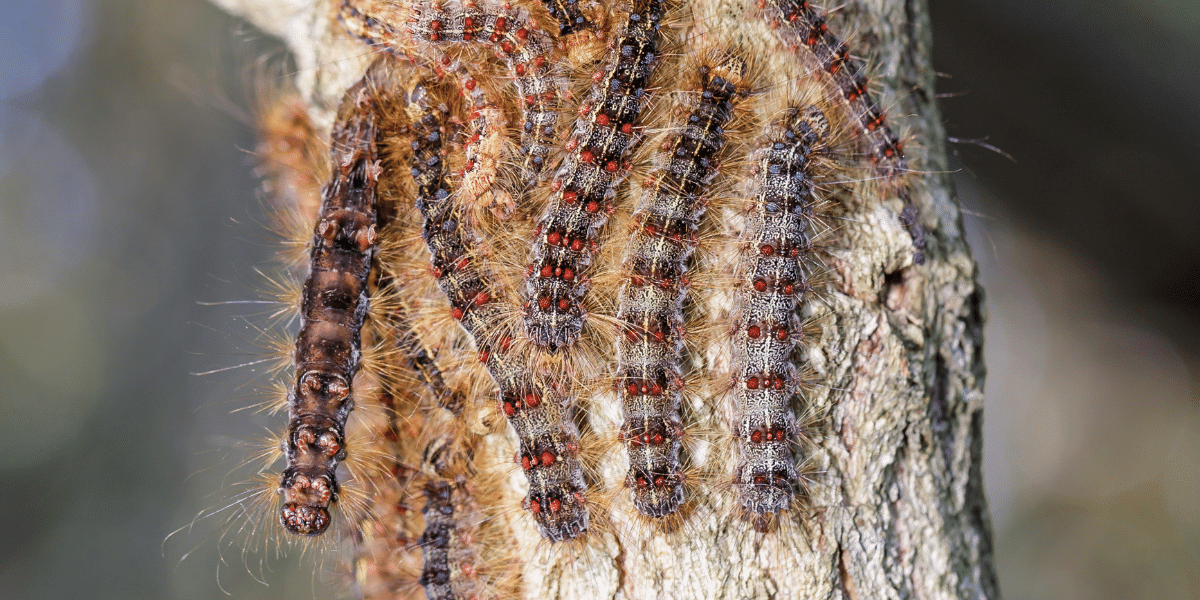Five Green Guardians to Be Recognized at St. Clair County Earth Fair
The 2022 Green Guardians have been announced. Green Guardians are those who work to enhance, preserve, and protect the natural environment in the Blue Water Area.
The winners are Jan Vincent of Lavender Creek Farm, LLC; Don Strauss of the St. Paul Lutheran Community Garden; Mike Shuler, a volunteer with the Blue Water Conservation District’s Spring Tree Sale; The Richmond Schools Lee Elementary Green Club; and the Memphis Elementary School Makerspace/STEAM Lab.
Melissa Kivel, a member of the Earth Fair committee, said, “We’re proud to formally recognize and celebrate the work being done by these people to clean up and support our local natural resources. Our community is a cleaner, healthier home for both humans and wildlife because of these environmental superheroes.”
The winners will be recognized during the 2022 St Clair County Earth Fair at Goodells County Park on April 29th and 30th. The Green Guardians Award started in 2017.
Reporting for WGRT – Jennie McClelland






